The challenges in Nigeria today are such that require a complete re-orientation of the people about citizenship, leadership, rights and obligations to get the country back on the path of greatness.
This was part of submissions at a recent forum where it was also argued that building a new foundation based on trust, honesty and transparency should, therefore, be the most urgent national priority.
A group of informed panelists and discussants made the call during an online discussion by Nigerians, entitled: “A New Foundation for Nigeria’s Greatness: Rebuilding Nigeria from the Ground.”
READ ALSO: Nigeria: Our Shared Responsibility
The panelists argued that massive reorientation and deliberate trust building are required to address divisions along ethnic and religious lines, widely opened up in the just concluded national elections.
They spoke at the People’s Parliament, a forum of exchange of ideas and opinions, organised by the Initiative for Good and Informed Citizenship, better known as Rescue Nigeria movement.
The panelists were Malam Hassan Gimba, a notable journalist, writer, public commentator and online publisher; Mallam Abdul Okwechime, a journalist, writer, radio host, stategic communications consultant and music impresario; and Ms Abiola Raimi, an experienced teacher and educator both in Nigeria and the United Kingdom. The moderator was Anike-ade Funke Treasure, a renowned broadcaster and journalist.
A press release, jointly signed by Biodun Durojaiye and Tunde Odediran for the movement, stated that the panelists were unanimous on the need for massive reorientation of Nigerians right from children in primary schools to the adult population, noting that the 2023 elections has shown such deep cracks that restoring trust among the various ethnic and religious demographics must be the first assignment for any serious administration.
The panelists observed that the National Orientation Agency (NOA) was sadly and conspicuously found wanting at its hour of need before, during and after the general elections, submitting that it has gone comatose.
Calling for an overhaul of the agency, the panelists said a new set of creative and innovative professionals with the vision and capability to deliver reliable information were needed, especially in the New Media, such as the social media, where fake dissemination of information is preponderantly created by or aimed at the younger generation, who have little benefit of historical facts.
They also called for a deliberate revamp of the educational curriculum, from primary school level to the university, to inculcate the values of citizenship, especially through the teaching of civics and other subjects that create deep root for values to grow.
The panelists and participants were worried that the dangers of fake news, deep fakes and negative use of artificial intelligence and machine learning were eroding the basic foundations of national value and development, requesting for all hands to be on deck to weaken the negative effects of modern communications technology.
According to the media and education experts at the Parliament, it is a fatal misconception to think that the young people have displayed the attitude of a new breed of Nigerians during the last elections, arguing that the young have actually been similar to the old. Just as the old have been deeply divided along our fault lines of religion and ethnicity, so have the younger population reinforced old prejudices. The danger is that the new crop could perform even worse than the current set of leaders, the discussants observed as a warning.
Arguing that the age is not the most critical factor in better governance, Abiola Raimi noted that the widening gap between the haves and have-nots is increasingly becoming more important as the defining factor in Nigeria such that the economic reality of people’s daily experiences determine their perspectives more than any other factor.
She noted: “I remember what Nigeria was like, and it was nothing like it is now. There has always been this divide between the haves and have-nots. After all these years, we should have created a more egalitarian society, an egalitarian country where everybody could achieve their maximum.“ To her, the denial of equal political, economic, social, and civil opportunities to all Nigerian citizens is causing a loss of trust and quakes in the system.
Hassan Gimba argued that leadership has to be deliberately good and responsive, such that citizens can see that their country is doing a lot for them, as against the current situation where an average person who provides his own social insurance – security, water, electricity, among others – is lacking in critical areas such as healthcare.
Gimba noted that the just concluded election has further deepened the division amongst Nigerians, and argued that the new leadership must go all out and be deliberate in building trust and unity.
“As long as people are not united, we can never achieve anything,” he remarked, adding that unity and trust are building blocks of great nationhood.
He said: “Therefore, we have to do things deliberately that would make us trust one another, and also forgive one another. Without that, we can never develop the country.”
According to him, “the thinking of everyone now is how can I make it, how can I build mansions too, how can I buy the most exotic cars around,” adding that “if we allow things to go on as it is now, when the younger ones become leaders they would be worse than the current ones”.
On his part, Mallam Abdul Okwechime argued that but for the intervention of the military in 1966 and subsequently, Nigeria’s development trajectory would have been different, as we would have learnt some of the lessons we are learning now, like curbing rigging and preventing ballot snatching.
On the role of young people in the just-concluded elections, Okwechime said “If we say we have a new force in the young people, we are deceiving ourselves. I worked with them all through this period of election, and I know they are as divided as us. There is no difference. The only power they have is what they call New Media.”
Abiola Raimi noted further that the British colonial masters had already set Nigeria and other Commonwealth countries up for failure at independence, adding that the educational system bequeathed was to maintain the perpetual dominance of the crown, rather than engender creative solutions to national problems.
To her, the peoples of Nigeria were led into a trap and set up to fight each other, leading to the current quagmire. She, however, added that “we must start educating our children to move on, and start educating the adults to think differently.”
Abiola raised the idea of a “hidden curriculum” of education through which Nigerian adults become models who perpetuate bad citizenship. “You tell a child to be upright and not to steal, and yet they see you stealing… they (young people) learn that what they should take heed to is what you do, not just what you say.”
The next People’s Parliament comes up on Sunday, June 25, 2023.
Victor Ezeja is a passionate journalist with six years of experience writing on economy, politics and energy. He holds a Masters degree in Mass Communication.

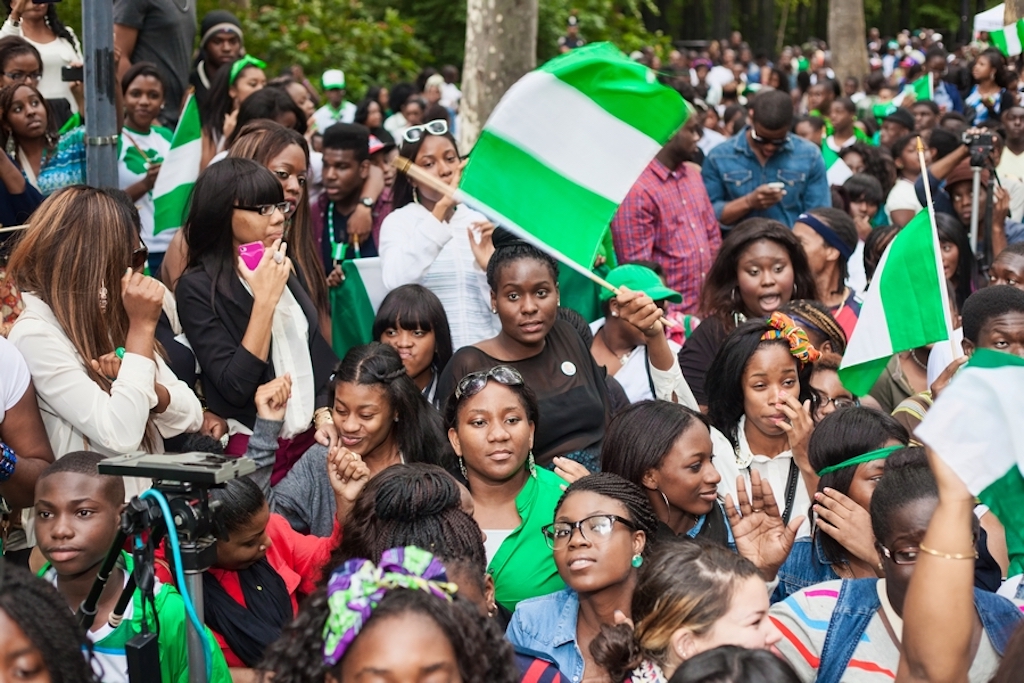



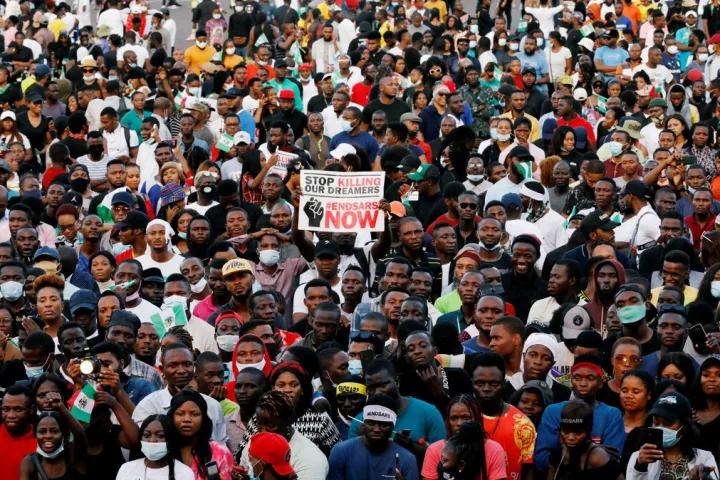

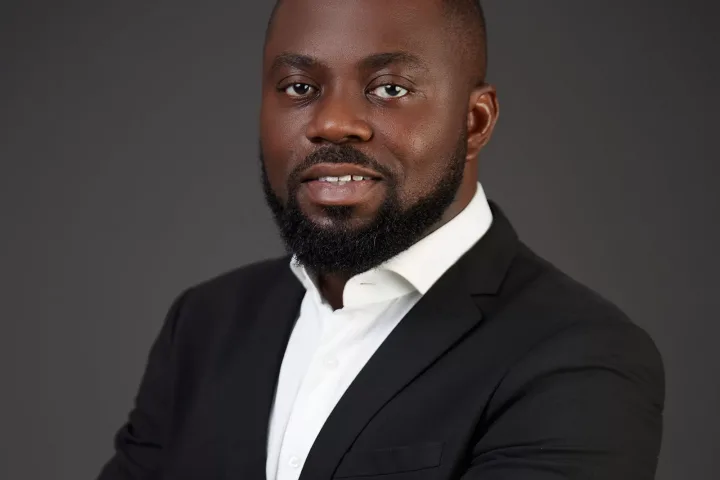








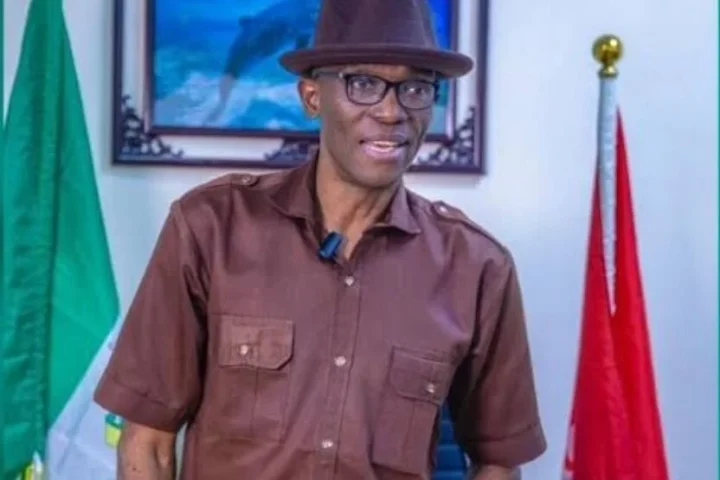
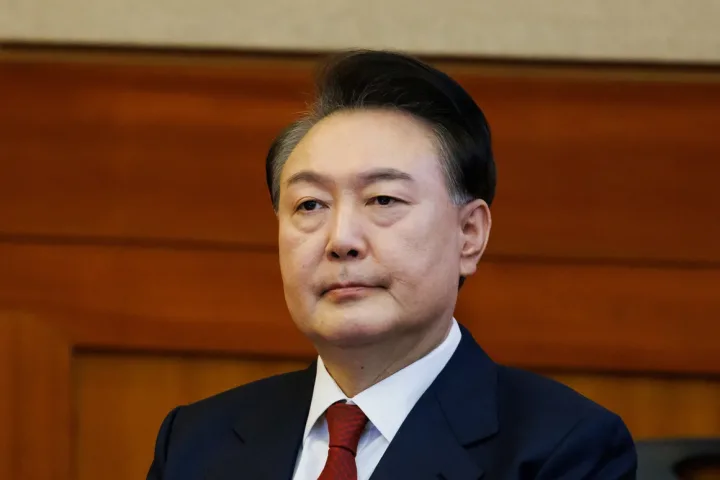
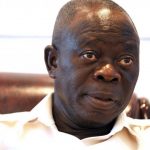
Follow Us